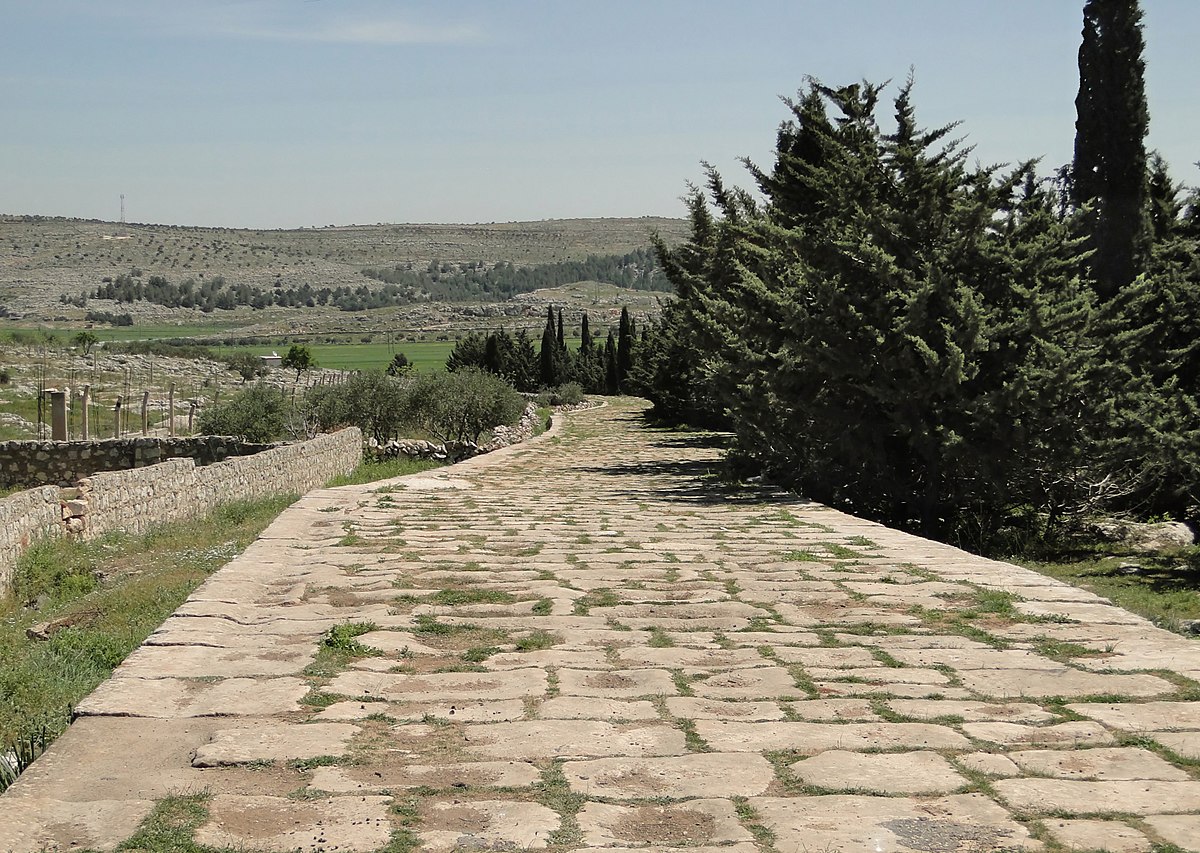We are currently in September, and we can feel the carefree fun of summer slipping through our grasp like so much fine sand. Whether you have spent these past sunny months boating on Lake Mead or Lake Tahoe, reaching summits at Mt. Charleston or Mt. Rose, or enjoying any of the other innumerable forms of outdoor recreation available in Nevada, you are surely sad to see the summer come to a close. Join us on a kind of intellectual road trip with surprising destinations – including the history of traffic accidents in ancient Rome!
If that sounds a little too detached from reality, bear with us. First of all, we too are grieving the loss of summer – give us a break as we work through some complex feelings, okay?! Second, and more seriously, there is a real connection here. As mentioned above, summer has nearly left us and we are now in September. Sept-ember – think about that prefix: sept.
- A family of septuplets has how many children? Good, seven.
- A septuagenarian is how old? Seventy, also known as ten times seven.
- Hank, the grouchily lovable “septopus” from Finding Dory has how many legs? Seven. [1] You get it.
- Bonus: What do you call a seven-sided geometric figure? It’s actually a heptagon, hept- being the Greek prefix for seven. [2] For whatever reason, we give the credit in mathematics to the Greeks. Pythagoras, maybe?
Getting From Seven To Nine
Okay, so September ought to be the seventh month. Yet it is the ninth. So what gives? Well, if you go back to the earliest days of recorded ancient-Roman history, the calendar had ten months. It began with what we now call March and it ran until December. The fifth month was Quintilis, the sixth Sextilis, and then came September, October, November, and December. [3] In time the Romans added two more months to replace the vague “winter” stuffed into the tail-end of the calendar. Later, in honor of Julius Caesar and his heir, Augustus [4], the unfortunately named fifth and sixth months became July (for Julius) and August (for Augustus). Other Roman leaders tried to rename various other months, but none of those changes stuck. [5]
Ancient Throwbacks
As it turns out, these are hardly the only vestiges of Roman culture with us today. If you have ever heard the saying, “All roads lead to Rome,” you may have already guessed that it was always Infrastructure Week in the ancient Roman Empire. [6] The Romans built some 250,000 miles of improved roads, pioneering some of the features that we take for granted today such as standard widths, sidewalks, and cambering and other drainage features. [7] And as a means of controlling congestion and avoiding traffic crashes, the use of vehicles was generally banned on roads in urban areas. This and other regulations, such as limits on where commercial carts were permitted, constitute some of the earliest versions of traffic laws in Western society. [8]
For all the precision of the Roman road projects, the reality within Rome was more snarled. The city had not grown up with centralized planning and instead was a knotted web of narrow, twisting paths. Once vehicles – that is, carts and chariots drawn by animals – became commonplace, there was precious little space for them to operate in. The relatively few roads wide enough for them to pass seldom had space for two vehicles, and drivers competed with one another to maneuver roadblocks and enforce spontaneous one-way streets for themselves. The Powers that Be favored certain political figures, construction crews on public works projects, and other kinds of traffic, banning most other traffic to the traveling during dusk or by night. [9] If you think the roads of modern America are teeming with danger of injury from vehicle accidents, imagine traveling by horse-drawn cart under the Italian moonlight! (Romantic, yes; safe…not so much.)
Drinking and Driving: Then and Now
And, of course, the Romans liked their wine. Like the Greeks before them, the Romans included among their panoply of deities a god of wine (Dionysus). [10] Modern Americans consume, on average, something like 2.3 gallons of alcohol each year. [11] About seven in ten Americans over age 18 drank alcohol in the past year, and nearly three in five drank in the last month. [12] As we know all too well, the combination of alcohol consumption with driving leads to a significant increase in avoidable, and often tragic, car crashes.
Recent scholarship suggests that the Romans weren’t only getting by on downers like wine and other forms of alcohol. With all that wine sitting around – the Romans were prolific producers of grapes – some of it went bad. But when you have an army busy criss-crossing the continent trying to achieve world domination, you can’t afford to let good resources go to waste. The Romans came up with a vinegar-based drink called posca that some modern scholars hail as the “Gatorade of the Roman army.” [13] This was a kind of energy drink that helped keep the troops going. Energy drinks are a big business in modern America, and their use is rising over time. [14] Whether it’s long-haul truckers or ordinary people trying to finish a long road trip, the temptation to avoid sleep and rely on an energy drink can lead to tragic results such as car accidents.
If you or a loved on has been hurt in a motor vehicle crash and want to consult someone about your legal rights, reach out to a knowledgeable personal injury attorney in your area.
[1] https://disney.fandom.com/wiki/Hank
[2] https://en.wiktionary.org/wiki/septagon#Usage_notes
[3] https://en.wikipedia.org/wiki/Roman_calendar#Republican_calendar
[4] https://en.wikipedia.org/wiki/Augustus#Heir_to_Caesar
[5] https://en.wikipedia.org/wiki/Julian_calendar#Month_names
[6] https://www.npr.org/2018/05/15/611389675/why-its-infrastructure-week-again
[7] https://en.wikipedia.org/wiki/Roman_roads
[8] https://en.wikipedia.org/wiki/Roman_roads#Laws_and_traditions
[9] https://www.penn.museum/sites/expedition/the-embattled-driver-in-ancient-rome
[10] https://en.wikipedia.org/wiki/Ancient_Rome_and_wine
[11] https://drugabuse.com/quantifying-the-insane-alcohol-consumption-of-the-u-s
Image Credit: Wikimedia Commons by Bernard Gagnon



